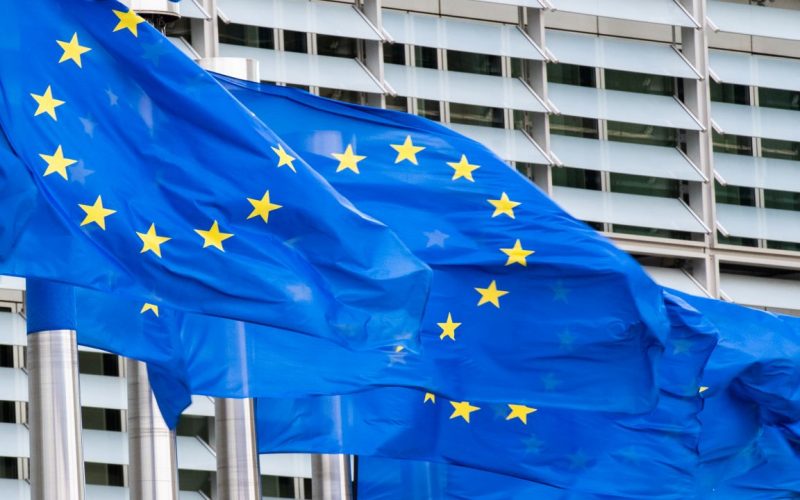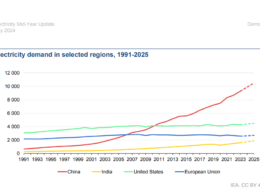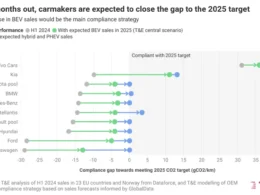The European Union appears unlikely to achieve most of its 2030 environmental ambitions in its bid to become the world’s first climate-neutral continent by mid‐century, according to a new report from the European Environment Agency (EEA).
The report, released against a backdrop of mounting trade and geopolitical tensions that have diverted Brussels’ focus from environmental policy, scrutinises 28 critical targets under the Green Deal – from cutting greenhouse gas emissions and enhancing carbon sequestration to improving recycling rates and restoring natural habitats. Of these targets, the EU is only on track, or likely to be on track, to meet eight.
EEA officials warned that “the pace of change for most of these indicators will have to increase substantially in the coming years”, signalling an urgent need for a deep transformation across Europe’s energy, mobility, food and industrial systems, as well as its built environment.
The document, which tracks progress under the eighth Environmental Action Programme, reveals particularly worrying trends in environmental pressures linked to European production and consumption. Notably, the EU’s consumption footprint is projected to expand by 2030 – a direct contradiction to one of the Green Deal’s core aims. Targets related to boosting carbon sequestration, advancing the circular economy, promoting organic farming, and reducing the consumption footprint are especially at risk. Furthermore, nearly all goals concerning biodiversity and nitrates pollution appear to be off track. For instance, the EU is unlikely to meet its biodiversity objectives, including legally safeguarding at least 30 per cent of its land and sea areas by 2030.
Additional concerns highlighted in the report include the EU’s slim prospects for reducing economic losses from extreme weather events, alleviating water scarcity, curtailing environmentally harmful fossil fuel subsidies, and addressing environmental inequalities linked to air pollution. On a more positive note, the report finds that the target to reduce premature deaths from air pollution by 55 per cent (relative to 2005 levels) by 2030 is “very likely” to be met – and perhaps even exceeded if current progress continues.
The EEA has called for urgent measures to bolster the implementation of existing environmental legislation and to introduce new policies. These include setting firm goals to reduce the material footprint and to better tackle the risks of climate change at a European level.
However, the report arrives as the EU prepares to “simplify” various strands of Green Deal legislation in an effort to rejuvenate its struggling industries – a move that contrasts starkly with European Commission President Ursula von der Leyen’s earlier mandate, which saw the introduction of landmark environmental laws. A new simplification package, due next Wednesday, will introduce updated reporting rules for companies regarding the environmental impacts of their operations and supply chains. On the same day, a draft Clean Industrial Deal is expected, focusing on decarbonising and revitalising EU industry through the lens of the circular economy, though it notably omits direct references to “pollution” or “biodiversity”.
EEA chief Leena Ylä-Mononen has warned that the notion of “simplification” risks paving the way for deregulation, urging EU leaders to remain steadfast on the Green Deal in order to maintain the bloc’s standing as a global climate leader. In a statement accompanying the report, she called for “decisive action” – including bolder implementation of existing legislation, the introduction of additional measures where necessary, and ensuring sufficient financing to meet Europe’s climate, environmental and sustainability goals.
This latest analysis casts serious doubt on the EU’s ability to deliver on its 2030 environmental commitments, even as many initiatives under the Green Deal have yet to be implemented, leaving their full impact “too early to assess”.





















